Losing up to 100 strands of hair a day is a totally normal part of life. But if your hair is coming out in clumps, or you’re experiencing bald patches or a receding hairline, you’re likely experiencing hair loss. Lots of things can contribute to your hair falling out, and finding out the cause (or causes) is the key to stopping it. If you’re dealing with hair loss and wondering how to make hair thicker, the Davines line of hair care products can help you cope. Our products are free of harmful toxins, parabens, and sulfates. And they aren’t just good for your hair, they’re good for the planet. All of our formulas use natural ingredients and are made with renewable energy and packaging minimizing the environmental impact. Incorporate our tips and favorite products for thinning hair into your routine and make sure you're eating a vitamin-rich diet, and you should notice less hair fall out. However, if your hair loss is persistent and you’re not noticing any new hair growth, see your doctor, as it may be an indication of more serious concern.

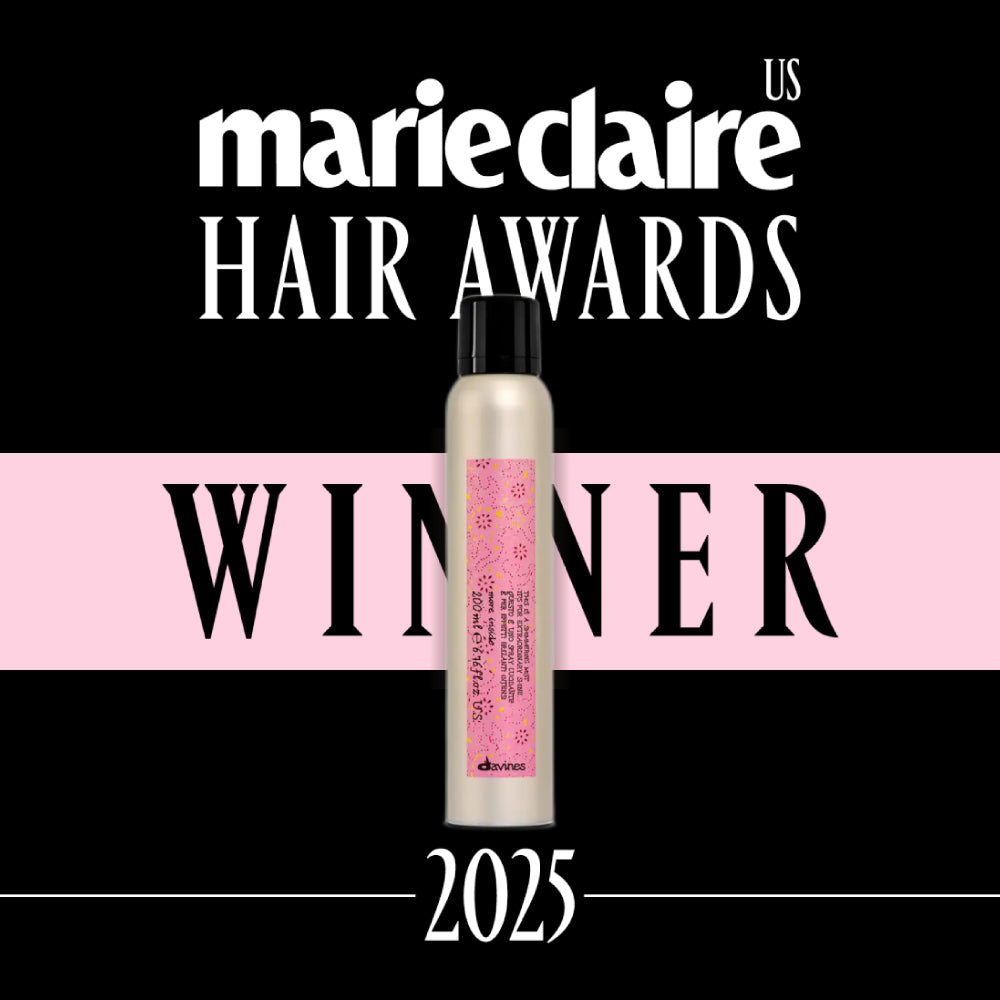

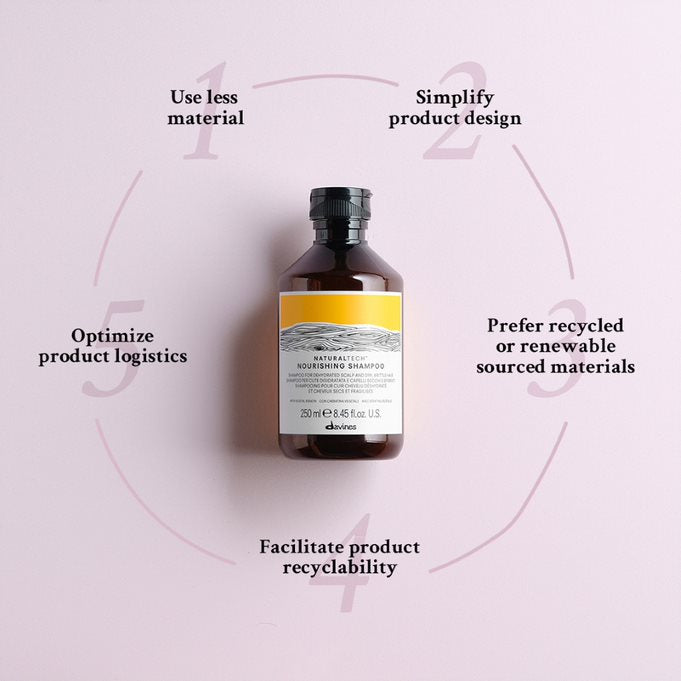
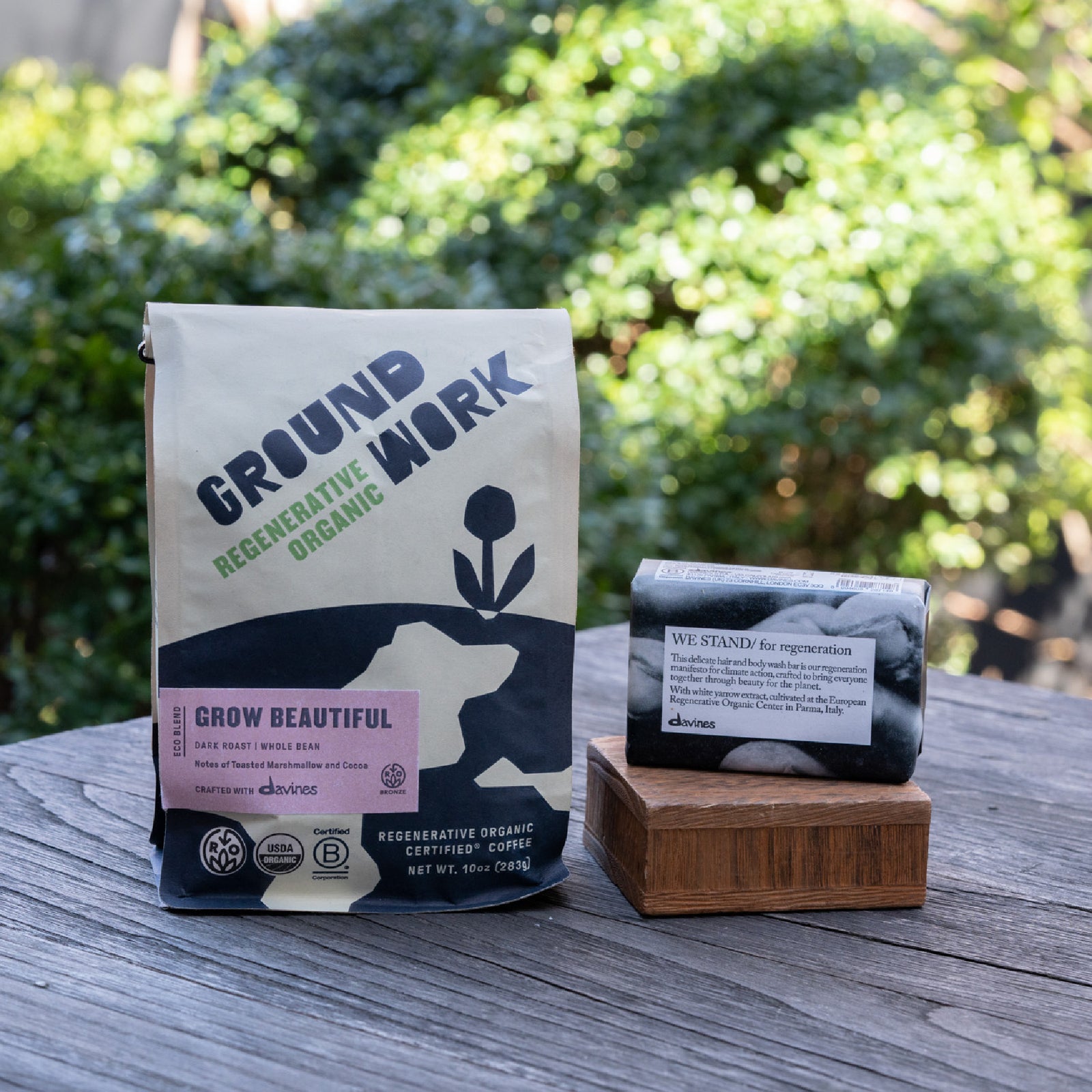
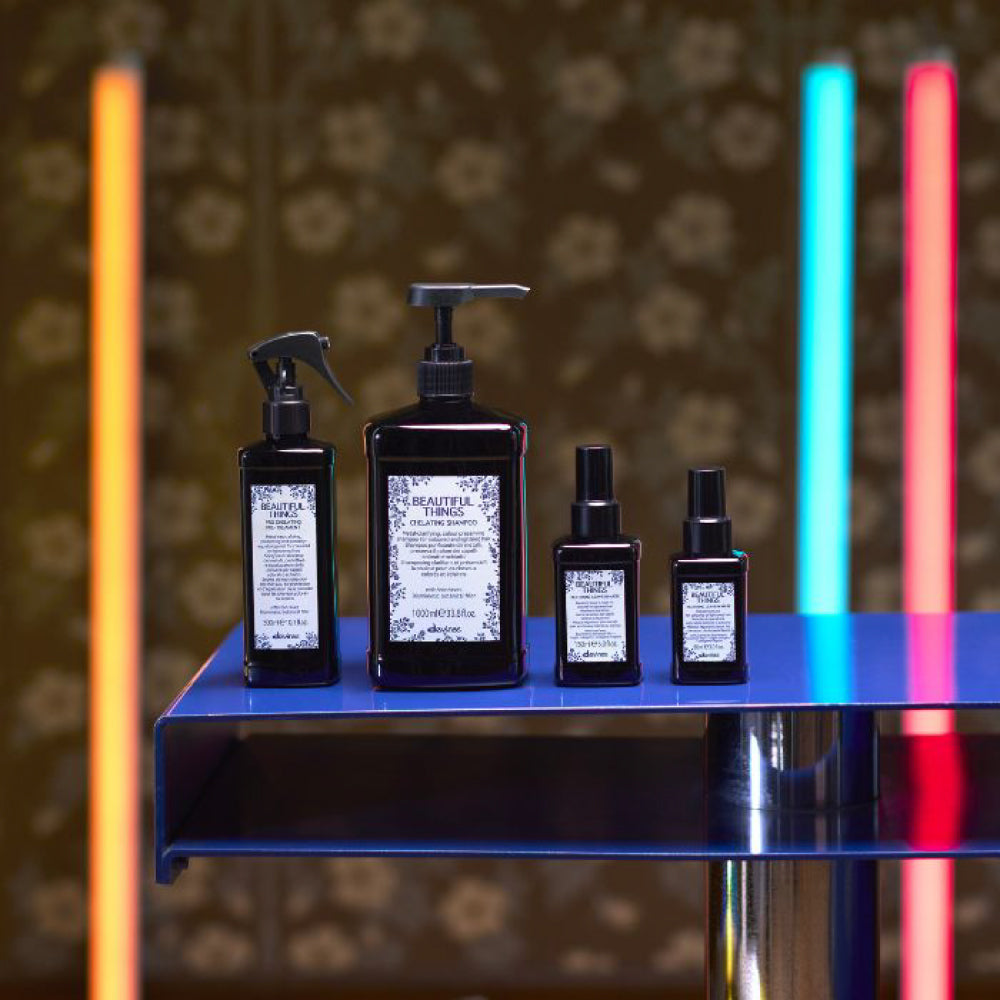

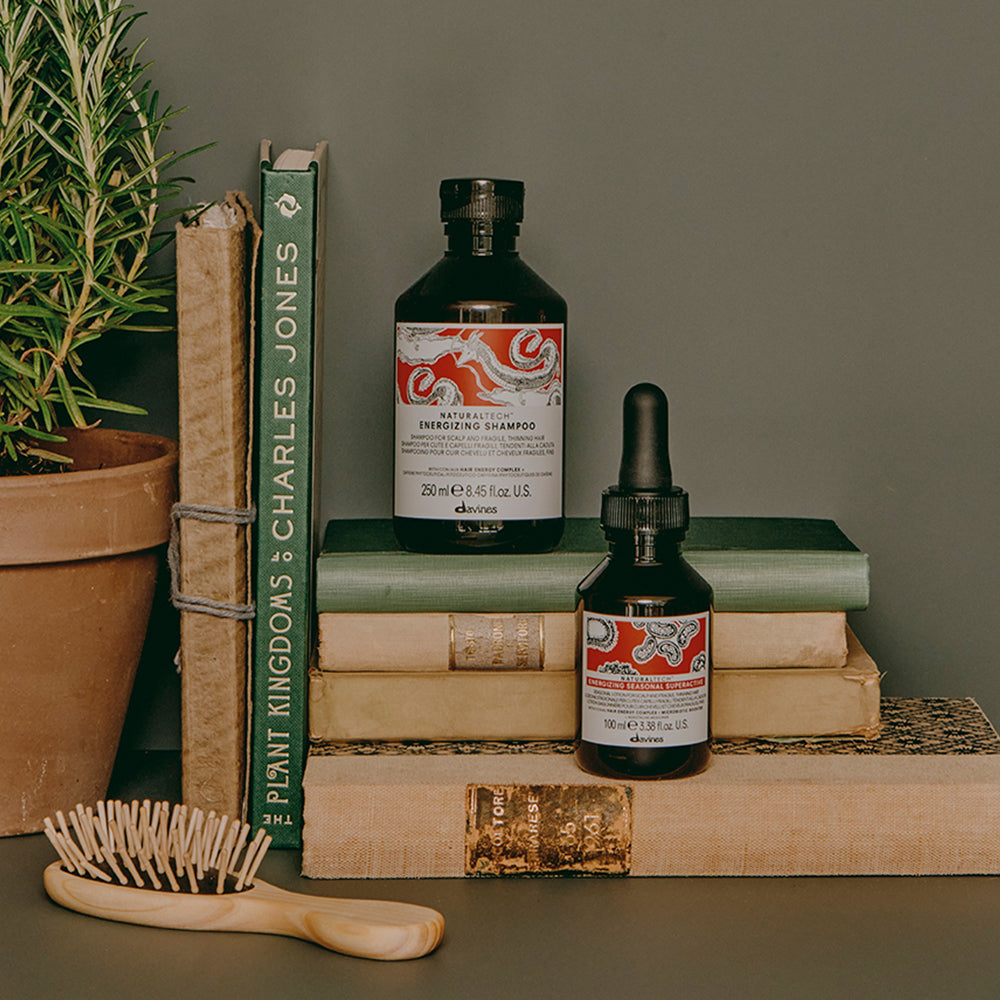
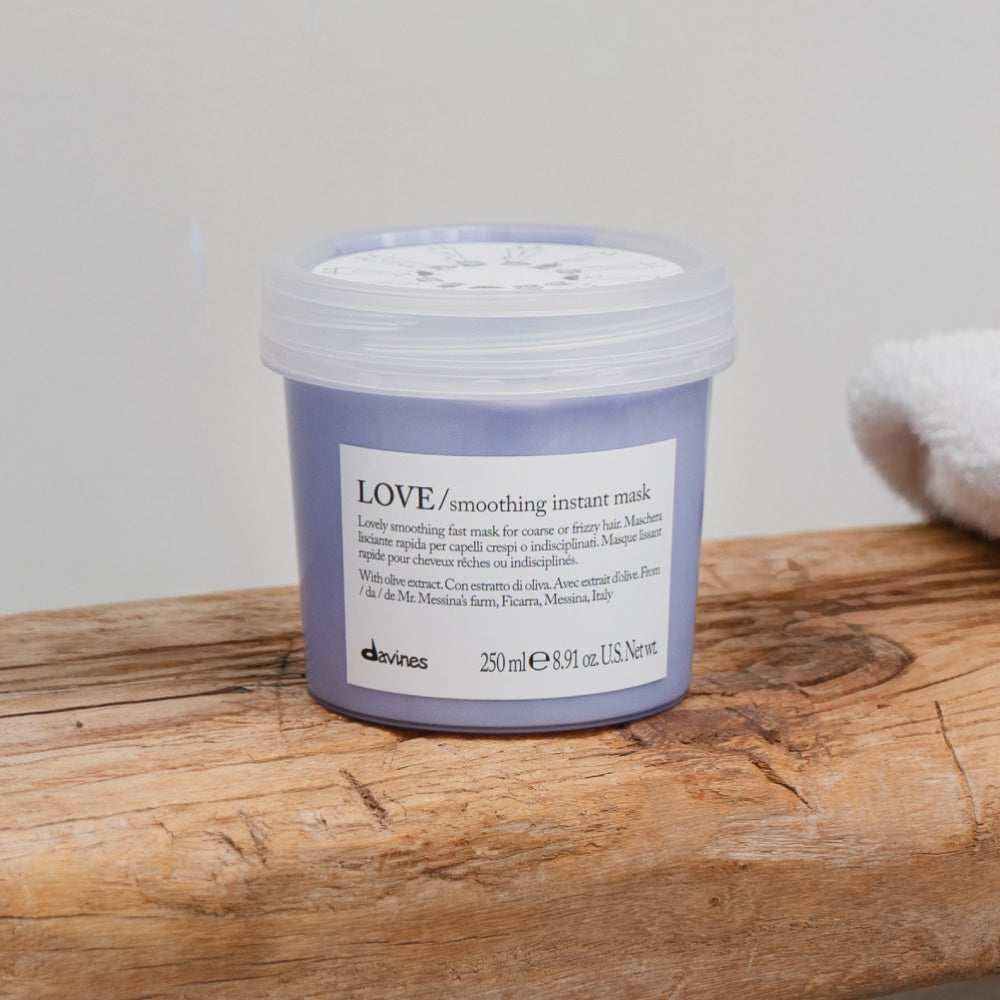
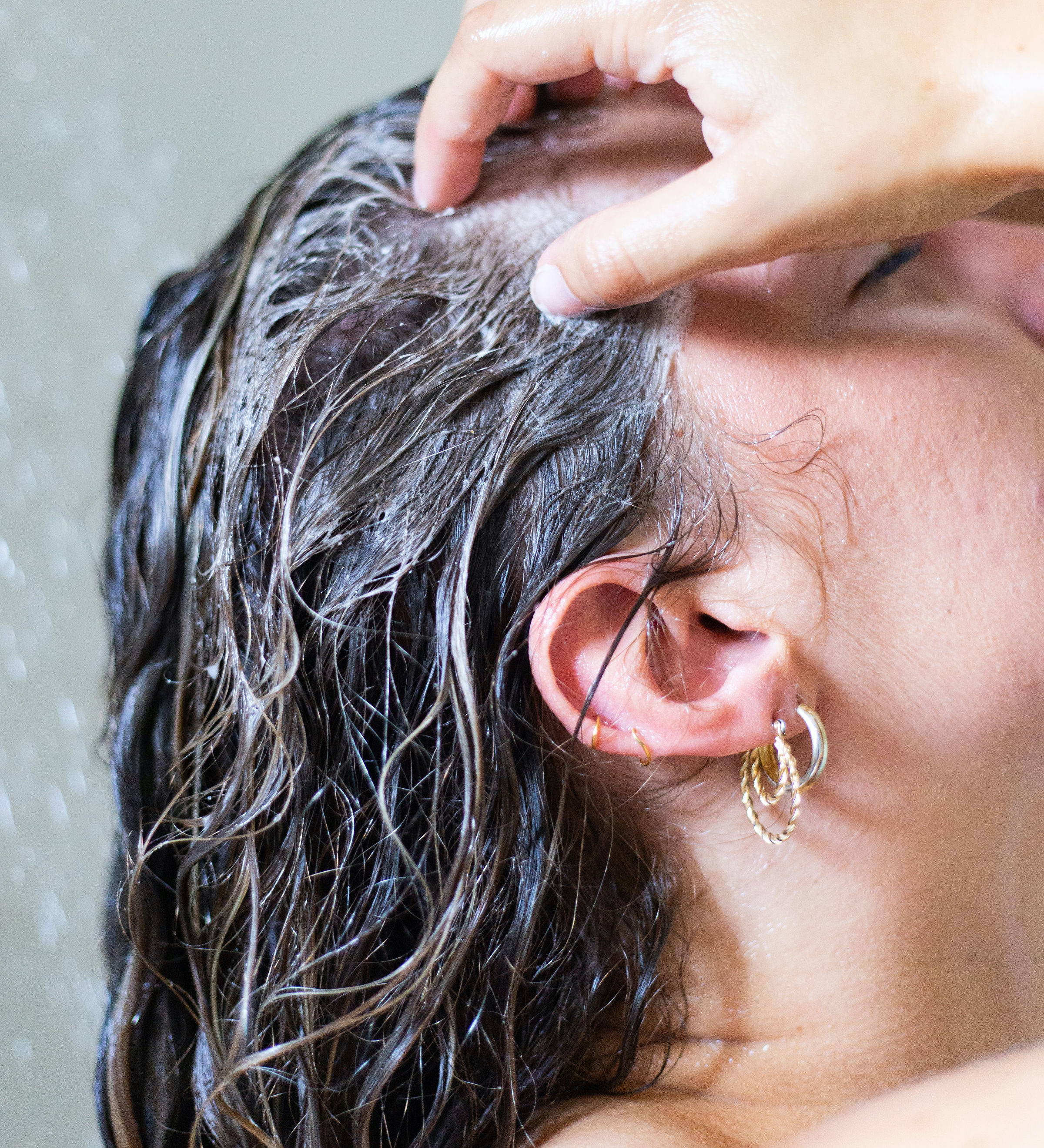
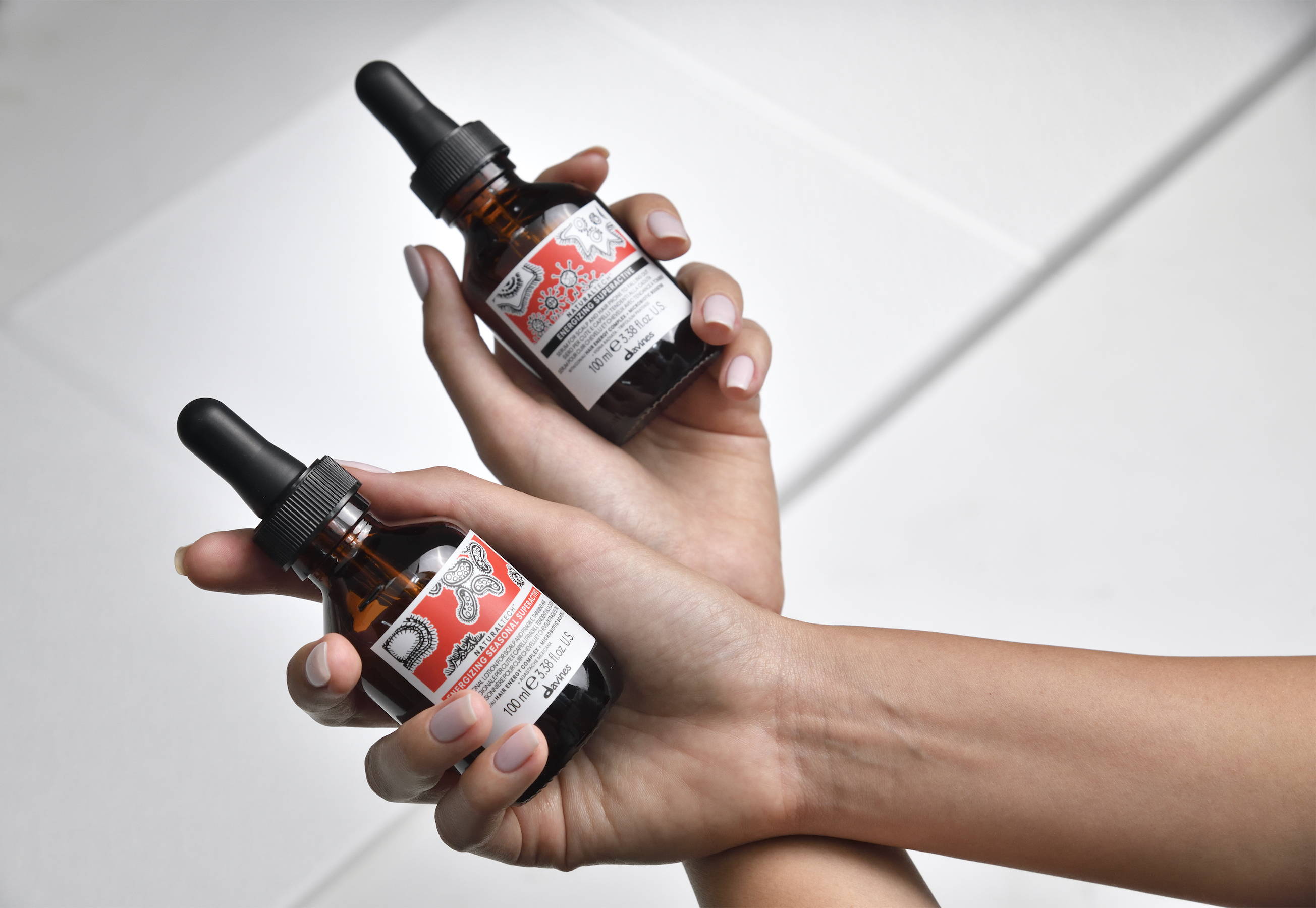
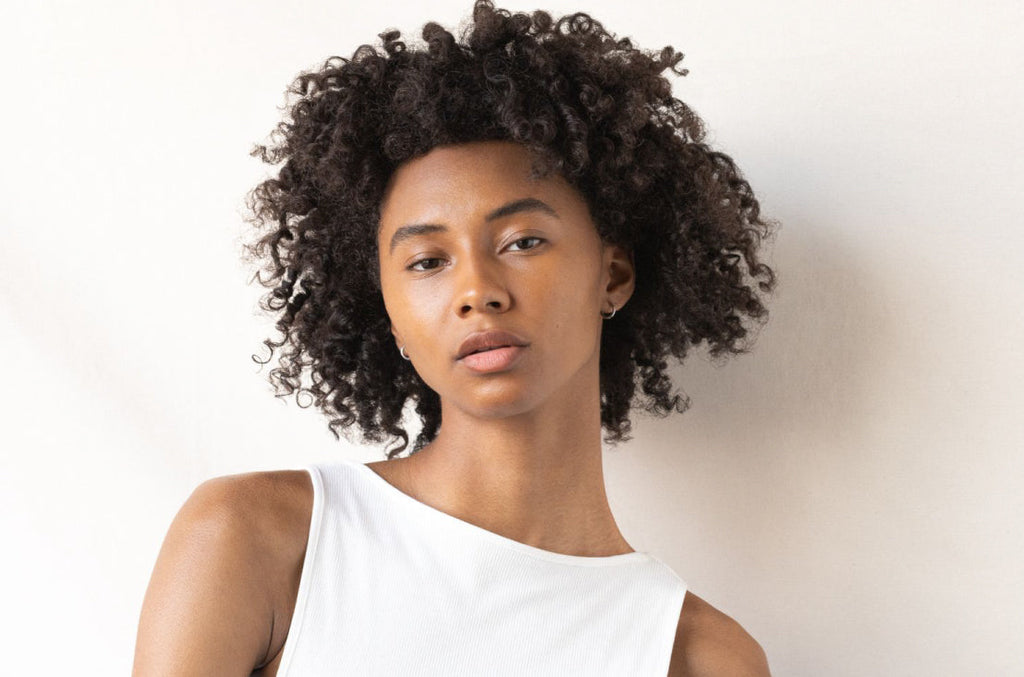
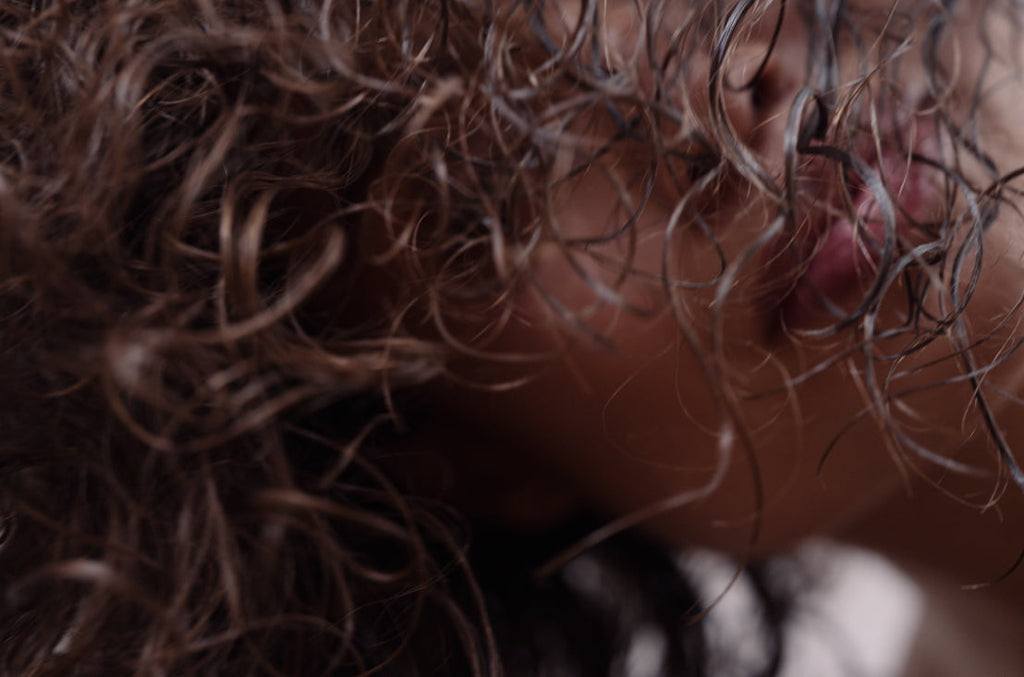

2 Comments
2 Responses
Nadia
February 24, 2022
Hello I need some help I have being taking multivitamins, supplements. My hair is falling out is super greasy. It looks greasy, unhealthy, without volume. I don’t even know what shampoo to use or if I have to use conditioner. Please if you can recommend something for my hair.
Thank you
Amy Saunders
January 10, 2022
Oh my God! You don’t know just how relieved I am when you pointed out that adjusting our daily food intake could be enough to stop hair fall from occurring that often. This reminds me of my sister-in-law who’s been worried about her hair condition lately. I’ll forward this article to her so she’ll make the right purchase later. https://margohairalive.com/shop-1/ols/products/herbal-hair-loss-shampoo-combo-step-1-2-3-kit
Leave a comment
Comments will be approved before showing up.